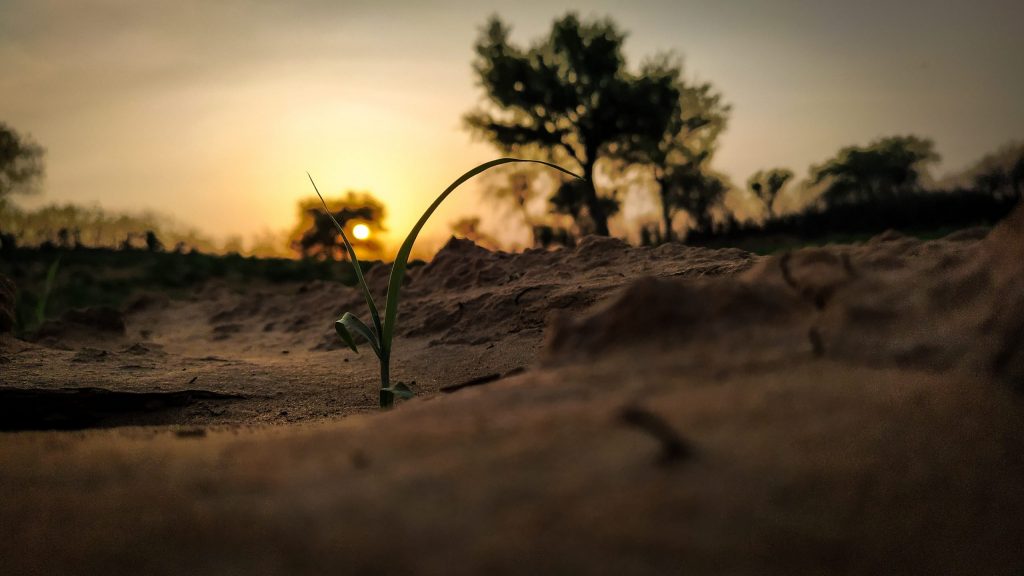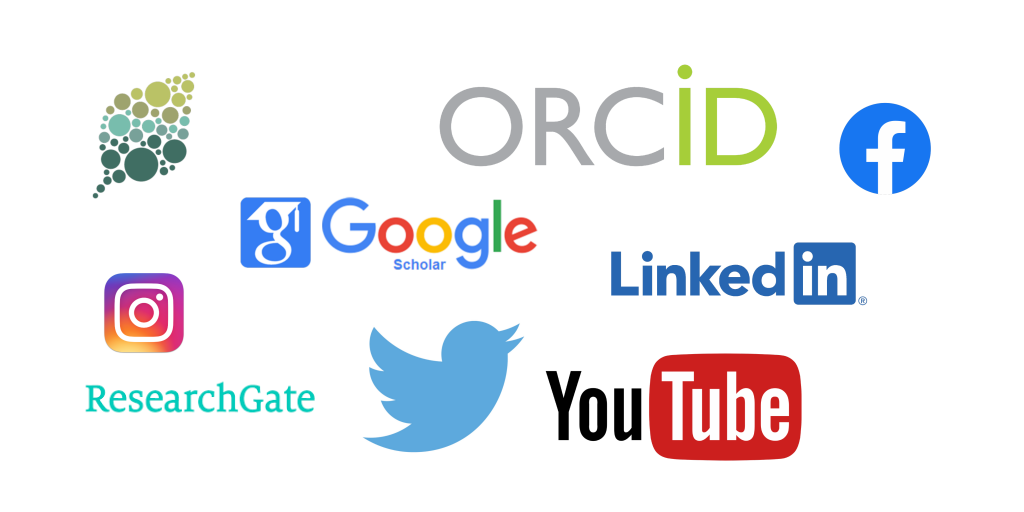How I Turned This Pandemic into a Blessing in Disguise as an Early Career Researcher

Last year, the whole world was changed by a teeny tiny virus. The same was true for me as well. Like most people, I also lost some, had a period of depression, tried to help anyone I can and failed at it many a time. Manuscripts that were supposed to be over in 2020, moved to 2021 or 2022.
But hey, we are researchers, learning to reap the benefits of a hard time is inculcated in us during graduate studies. We should always keep our heads high and look at the brighter side. So, here I’m, trying to point out a few benefits I had due to COVID. Since the pandemic is still not over and many labs are still either locked or working with limited manpower in the lab, early career researchers can still try these things and see if these are useful for them.
1. For learning, space is now irrelevant:
These are not my words; these are words of famous astrophysicist Neil De Grass Tyson. When the lockdowns started, most of the international institutions started organizing lectures online. Most of the time free of cost. I’m sure I learned more about plant science in the last year than during my entire Ph.D. I have attended hundreds of webinars, and zoom meetings covering areas of plant biology I never imagined attending. Many scientists have covered the journey of their career in a webinar organized by ASPB/Plantae, IS-MPMI, The Royal Society, etc. This gave me a new perspective to visualize my career in a new way. I still recommend these lectures to early career fellows.
2. Learned dry lab tools:
Coding was a nightmare for me. And so were many tools like R and molecular modeling. Fortunately, during the lockdowns, many online courses from universities were provided free of cost. I won’t say I’m an expert in any tool now, but I can manage to do my job now many of the time. Many of these resources are still available, else many courses on edX, Udemy and Coursera are also under a pretty good budget, so go ahead and learn new tools. The certificate courses are usually more expensive but being a researcher, I don’t think we need certificates to use these for our research.
3. Learned efficient working and in odd hours:
When the lockdown was relaxed, the terms were not to allow more than 2 people working in a room at a time. For us, it was a room of 10 people. I started working early hours. I’ll start at 4 or 5 AM and will usually leave the lab by the time anyone steps in. I always knew waking up early is good for health, which I also observed, but finishing all bench work early gave me a long time left in the day to learn other things and give long hours to articles and lectures. I still try to follow it sometimes unless there are meetings in the lab or late-night online meetings and I recommend it to other young researchers to give it a try, at least as long as there is a pandemic.
4. Interacted with many reputed scientists:
Truly speaking, I have been a fan of Dr Mary Williams. I have read many of her blogs now and then. So, it was a dream come true when I interacted with her in one of the ASPB forward sessions. And she is not the only one. The list goes on and on. I learned from editors of various reputed journals in live sessions, discussed my findings, learned their perspectives on submitted articles, and many more things. Being an ambassador of IS-MPMI Connect, I met many researchers in interactive sessions and also learned many issues some scientists face in everyday life and how to tackle those. I’m sure I would not have interacted with even 20% of these people if everything would not have moved online. Go ahead, try to attend all online conferences/meetings (especially the free ones), and I highly recommend joining their interaction sessions where you get to talk to new fellows.
5. Attended conferences at a cheaper cost:
This was never imaginable pre-COVID. I attended three internationally reputed conferences within a month. Even if I add all the possible costs of all of these three (I got the registration award for ASPB PB21), it would not be even half of the total money I spend to attend a single conference back in 2019. I might not have attended even one of these if it was not online. I would totally agree an online interaction can never replace personal interaction, but on the positive side, you can meet many new people working on different aspects of plant science while sitting on your workbench.
6. Learned public communication:
I have always been good at communicating my work with the public. It’s a thing my Ph.D. supervisor tries to inculcate in all of his students and I always try to extend it to other streams of science. I tried to reap its benefits when everything was locked down.] As I observed there was so much miscommunication about COVID in India, I majorly focussed on making people more aware of COVID via my videos and blogs. I can’t say how much I succeeded in it but I did get some very positive comments and learned a lot about communicating science to a layman.
7. Joined International communities:
As of today, I’m a member of ASPB, Plantae, ASPB-ECPS, International Society for Molecular Plant-Microbe Interactions (IS-MPMI), IS MPMI Connect (Ambassador), and Plant cell atlas (PCA). If it was not COVID, I might have been part of just one of those, or maybe none of those. There is no doubt all of these communities are playing a big role in my personal and career development. So, these are the benefits I got due to the pandemic. I believe this is nothing as compared to the loss we all are going through due to the pandemic, but at least it gives a ray of hope. Let me know, how if in any way, the pandemic has improved your career



Responses